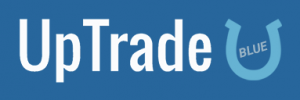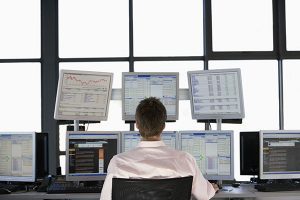
September 9, 2021
by Peter Seed

Why the IRS Needs Brokers
Within the Infrastructure Investment and Jobs Act bill that recently passed in the U.S. Senate, there is a pay-for provision that blanketly categorizes anyone who manages cryptocurrency lending sites as “brokers”. But it doesn’t stop there. It even mandates that all users of DeFi staking sites are brokers.
Wow. What a concept. If you use a decentralized exchange like Uniswap, you may become a broker. What a world.
Let’s get serious for a moment. A user of a DeFi exchange is not that same as being a broker. So why codify such a ludicrous concept? To understand the big picture, one must get to the heart of how we define brokers.
Start with a simple definition comparison. A “broker” is not the same as a “brokerage”. One is a person, the other is a business. One provides a service, the other provides a business infrastructure for the people who provide the service.
Brokerages play a role in the IRS enforcement process when they provide clients and the IRS with 1099s reflecting profits made from client investments. Ostensibly, when a business creates a 1099, related to client capital gains, there is a higher likelihood that the client will pay the tax on those gains.
Brokers have been written into IRS history, as well.
A major job creation bill that originated in 1994 is called the QSBS 1202 program. “QSBS” stands for Qualifying Small Business Stock. It was created to encourage venture capital investments in start-up companies. One could argue that that for 27 years the program has created a lot of new jobs. The QSBS program allows a 100% tax deduction on profits earned from an IPO or from an exit, but only if the business is structured as a C-Corp. Okay, makes sense. We don’t want doctors (service providers) to create a C-Corp practices, run them for 40 years and then sell them for a completely untaxed capital gain. The language in the QSBS program even specifies service people who are excluded from the program: tree farmers, athletes, lawyers, architects and (yep) “brokers”.
At the time (1994) brokers were people who performed a service business – people to people. If service businesses were to be excluded, then it made sense to define a broker as a service provider. But the net effect has been to exclude the entire fintech industry – most notably, online brokers catering to self-directed traders.
If the blockchain-stakers-are-brokers concept makes it into the final version of the Infrastructure Investment and Job Creation Bill, then we will have an overstep of taxation authority. The SEC knows it cannot enlist self-directed individuals to file 1099s, so why not make them brokers? As currently written, it will do just that.

